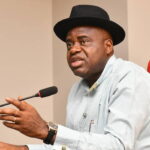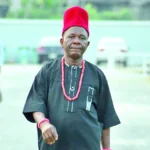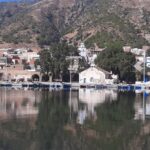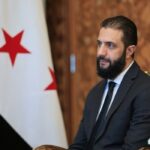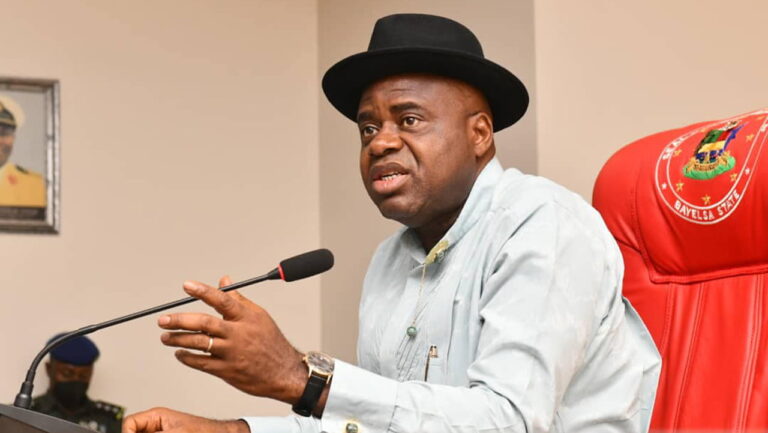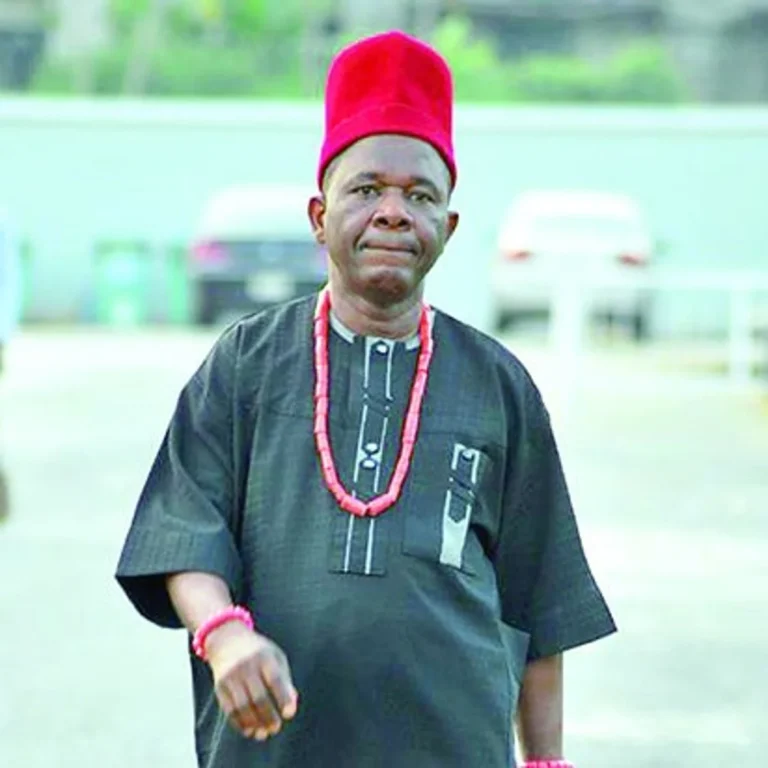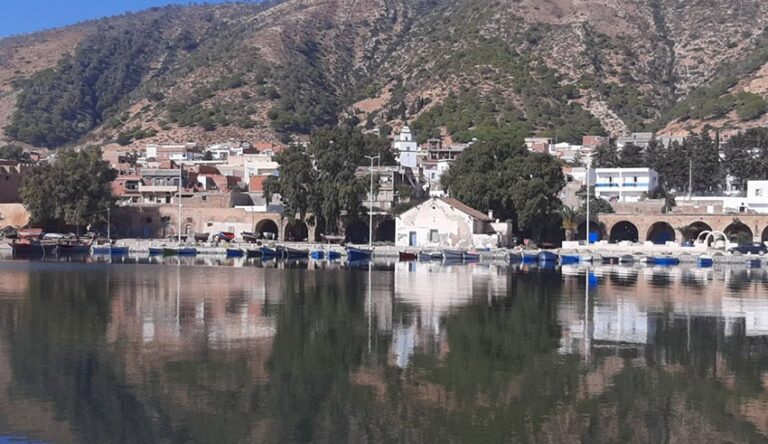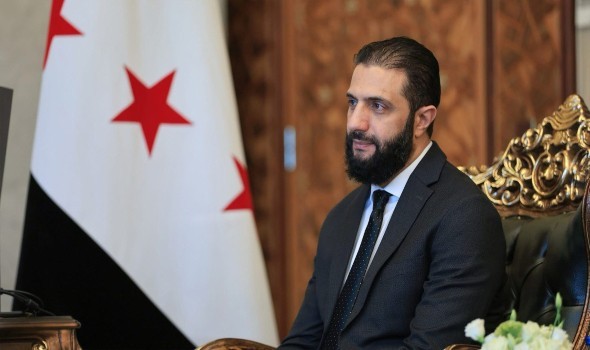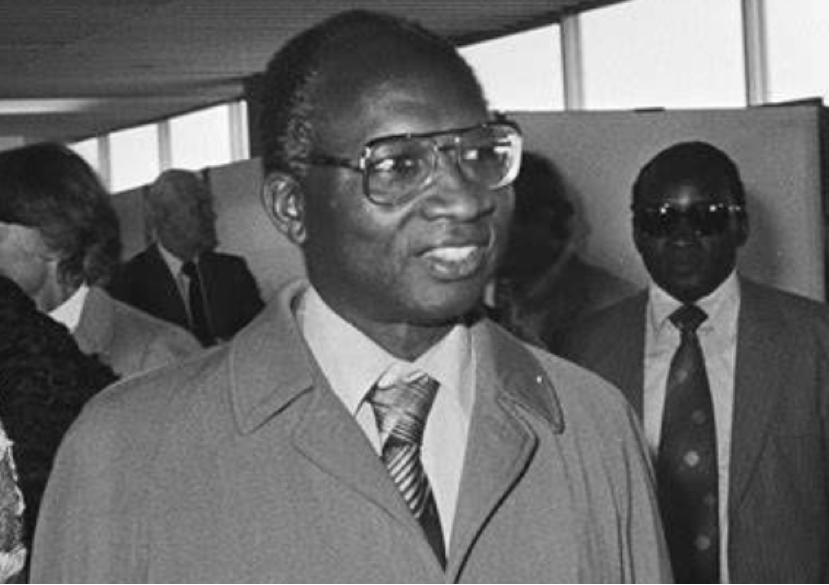
– Advertisement –
By Kebba Nanko
Few topics in Gambian political history have been so persistently misunderstood as the claim that the People’s Progressive Party (PPP) “formed” the United Democratic Party (UDP). This assertion — repeated for decades by those seeking to rewrite history — is false in fact and flawed in logic. It is one of the greatest distortions in our national narrative, born of political expediency rather than historical truth.
Let it be made clear once and for all: the PPP did not form any political party after 1994. What followed the events of 22nd July 1994 was not a peaceful reorganisation of politics but the systematic dismantling of The Gambia’s oldest democratic institution. The Armed Forces Provisional Ruling Council (AFPRC) banned the PPP, confiscated its properties, and persecuted its leaders. Its very existence was criminalised.
– Advertisement –
Yet even in silence, the PPP’s ideals endured. Its spirit — rooted in democracy, inclusion, and national unity — remained alive in the hearts of Gambians who refused to forget the values that had once defined the nation’s political maturity under Sir Dawda Kairaba Jawara.
Before 1994, the PPP’s foundations ran deep across the rural heartlands — in Foni, the Central River Region, the Upper River Region, some part of Lower River Region and North Bank Region etc. These were not just voting blocs; they were communities that had experienced tangible development, stability, and opportunity under PPP governance. When the coup disrupted this democratic order, it did not erase those loyalties — it redirected them. The same regions that had stood firmly behind the PPP became the early political bedrock of the APRC. At the same time, the UDP’s initial support came largely from the NCP’s traditional base — part of Lower River Region, North Bank Region, etc.
The evidence is unambiguous: the UDP inherited the NCP’s political geography, while the APRC inherited the PPP’s grassroots base. To deny this is to deny the lived political history of rural Gambia.
– Advertisement –
What followed the 1994 coup was not the birth of a new political class, but rather the continuation of PPP influence under a different order. Many of Yahya Jammeh’s earliest supporters were respected grassroots figures of the PPP — former stalwarts, chairpersons, members of the Council of Elders, Yaye Compins, and other community opinion leaders — who believed they could preserve their social and political influence through him.
Towards the end of the transition Some members of the PPP Council of Elders, religious leaders, women and youth leaders from Kombo, Banjul and other party of the country paid a courtesy visit to the State House, where they urged Yahya Jammeh to remove his military uniform, form a political party, and contest the 1996 presidential election — a moment later broadcast on GRTS, symbolising the complex transition from military rule to civilian politics.
At the same time, some former ministers and senior members of the PPP — most prominently Hon. Omar Amadou Jallow (OJ), Hon. Landing Jallow Sonko, and others — also supported the UDP, since the PPP and its politicians were banned from contesting or participating in politics. It clearly demonstrated the presence of PPP influence within both emerging camps — the early regime and the opposition — long before the APRC’s and UDP’s formal establishment.
By 1996, the PPP had become a prohibited organisation: its headquarters had been sealed, its politicians were barred from contesting elections, and its properties had been seized. This was not a coincidence but a deliberate act of political erasure, designed to cripple a party that had built the nation from independence. The regime understood that the PPP’s true strength lay not merely in its name, but in the loyalty of the farmers, traders, elders, women and youth who carried the memory of Jawara’s era with pride. To weaken that enduring bond, they needed confusion — and they found it in a new narrative.
From the very beginning, the APRC did not fear the UDP. In fact, the emergence of a UDP led by Lawyer Ousainu Darboe — widely known then as the NCP’s lawyer who had contested against the PPP — was seen by Jammeh’s allies as a political blessing. They weaponised history, promoting the idea that the UDP was a rebirth of the NCP. This propaganda struck deep within the PPP’s traditional base, reviving old rivalries. While the UDP tried to persuade PPP loyalists that it was formed by former PPP members and thus their natural successor, the APRC told those same communities that the UDP was actually the reincarnation of the NCP — led by the lawyer who had once challenged the PPP in court. The result was deliberate confusion — a psychological war that divided the PPP’s natural base and slowed its revival.
But Sir Dawda Kairaba Jawara did not surrender. From exile, he denounced the ban as “a betrayal of democracy itself”. In Kairaba (pp. 423-425), he reaffirmed the PPP as “the living symbol of democracy in The Gambia” and detailed his formal petition for the lifting of the ban in July 1996 in Kairaba (p. 458- 474). When the ban on political parties was finally lifted in 2001, the National Executive Committee of the PPP re-elected Sir Dawda Kairaba Jawara as Secretary-General and Party Leader, and elected Hon Omar Amadou Jallow (OJ) as the Interim Leader to deputise for him on Thursday, 26th July 2001 in Kairaba (pp. 425) — a powerful reaffirmation of continuity, loyalty, and institutional legitimacy. A man of Sir Dawda’s integrity, who had devoted his entire life to building democratic institutions, would never have sanctioned or participated in the creation of another party while fighting to restore the PPP. His loyalty remained firmly anchored in the movement he founded and served with unwavering dedication.
During those difficult years, Hon OJ bore the brunt of repression and political isolation. His resilience and organisational skills kept the flame alive when others feared association with the party. Operating under constant surveillance, he became the visible link between the PPP’s past and its future — proof that the PPP still existed, even in the shadows of dictatorship. Those who credit the party’s revival solely to Hon OJ overlook Sir Dawda’s guiding hand; those who dismiss Hon OJ’s role deny the courage that sustained the PPP during its darkest hour.
Through that unshakeable commitment, Hon OJ helped guide the PPP into the historic 2016 coalition — a turning point that redefined The Gambia’s destiny. The PPP stood tall, playing a decisive role in uniting a fractured opposition and rallying behind Candidate Adama Barrow. From the streets of Banjul to the provinces, the PPP marched with courage and conviction. When the people’s voice finally thundered across the land, it ended two decades of dictatorship and restored the democratic spirit the PPP had planted in the soul of this nation.
By 2018, after years of fragmentation, PPP veterans once again came together — Hon Alhagie Yahya Ceesay, Hon OJ Jallow, Hon Ba Kalilou Singhateh, Hon Dodou Taal, Hon BB Dabo, Hon Alkali James Gaye and others — reaffirming their loyalty to the party’s legacy. This reconciliation was encouraged by Sir Dawda himself, who hosted a unity meeting at his residence on Saturday, 20th October 2018, urging elders and new leaders alike to close ranks and rebuild. His message was simple: the PPP belongs to all Gambians who believe in democracy, service, and the rule of law.
Sir Dawda never saw the PPP as his personal property or a family inheritance. He viewed it as a national institution, open to every Gambian regardless of tribe, class, or origin. He rejected nepotism and believed leadership should always return to the people.
This philosophy defines the PPP today. Ours is not a story of domination but of endurance — of reform, reconciliation, and renewal. The PPP’s strength lies not in fleeting power but in timeless values: honesty, humility, and service. True political maturity, we believe, comes not from clinging to leadership but from knowing when to renew it. That is why the PPP stands proudly as the only Gambian party to have changed leadership through peaceful, democratic, and transparent internal processes in 2024. From Sir Dawda Kairaba Jawara to Hon. Omar Jallow, to Papa Njie, Kebba Jallow, and now Ousman Madikay Faal — elected on 21st December 2024 — the PPP continues to prove that leadership is service, not possession.
To further guarantee renewal and accountability, the PPP has enshrined a two-term limit of four years each for its leadership — a democratic principle no other Gambian parties have adopted. And in the spirit of transparency, the PPP publishes its constitution on its official website — accessible to all citizens. While other parties hide their constitutions even from members, the PPP stands as a beacon of openness, integrity, and institutional trust.
It must also be acknowledged, with sincerity and fairness, that neither the UDP nor the APRC inherited the core values or moral compass of the People’s Progressive Party. The PPP’s legacy was built on tolerance, all-inclusiveness, integrity, unity, and accountability — values that both parties, in different ways, failed to uphold.
The UDP, despite its early promise, gradually fostered a climate of intolerance and exclusion, where genuine debate was often suppressed and fear crept into the hearts of ordinary Gambian voters. Many citizens, disillusioned and uncertain, chose to endure their hardships rather than risk change under a party that did not reflect the spirit of openness the PPP embodied. The APRC, for its part, stood in direct defiance of everything the PPP represented.
The record is clear: the People’s Progressive Party has existed continuously since 1959 — banned, revived, and restructured, but never dissolved or absorbed into any other political entity. Through every trial and transformation, the PPP has remained the living bridge between our nation’s past and its democratic present.
The PPP’s name, philosophy, and legacy are woven into the very fabric of The Gambia’s identity — a testament to the courage and foresight of the men and women who fought for our independence when the dream of sovereignty seemed distant and uncertain. Their struggle was not for power, but for dignity; not for privilege, but for the birth of a free and united nation.
From the tireless journeys of Sir Dawda Kairaba Jawara and his colleagues across towns and villages, to the countless sacrifices of farmers, civil servants, and ordinary citizens who believed in a Gambia that could govern itself — the PPP became more than a political party. It became a movement of conscience, built upon hope, humility, and service.
That is why the PPP’s endurance is not merely political — it is spiritual, moral, and national. It reminds every Gambian that democracy is not a gift; it is a duty paid for by the sacrifices of those who came before us. And as long as the PPP exists, the flame of that struggle — for sovereignty, justice, and unity — will never die.
The author is the PPP Director of Policy and Implementation.


